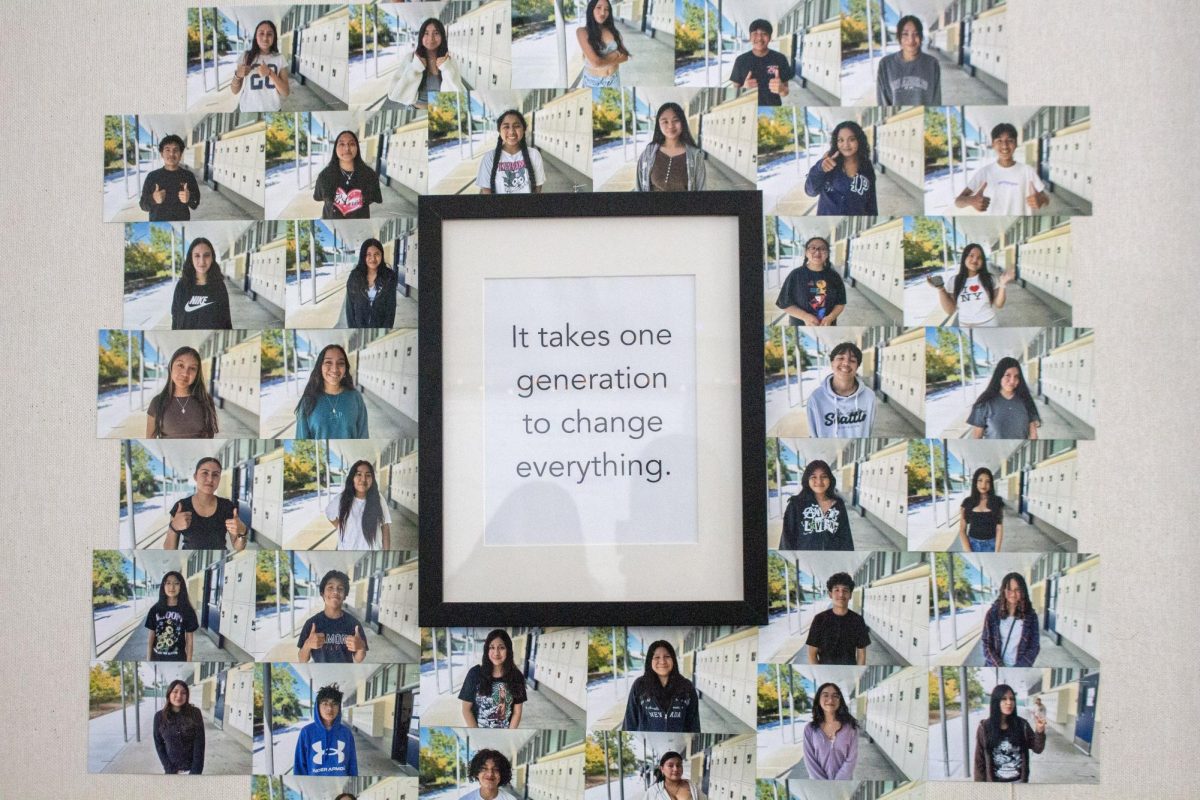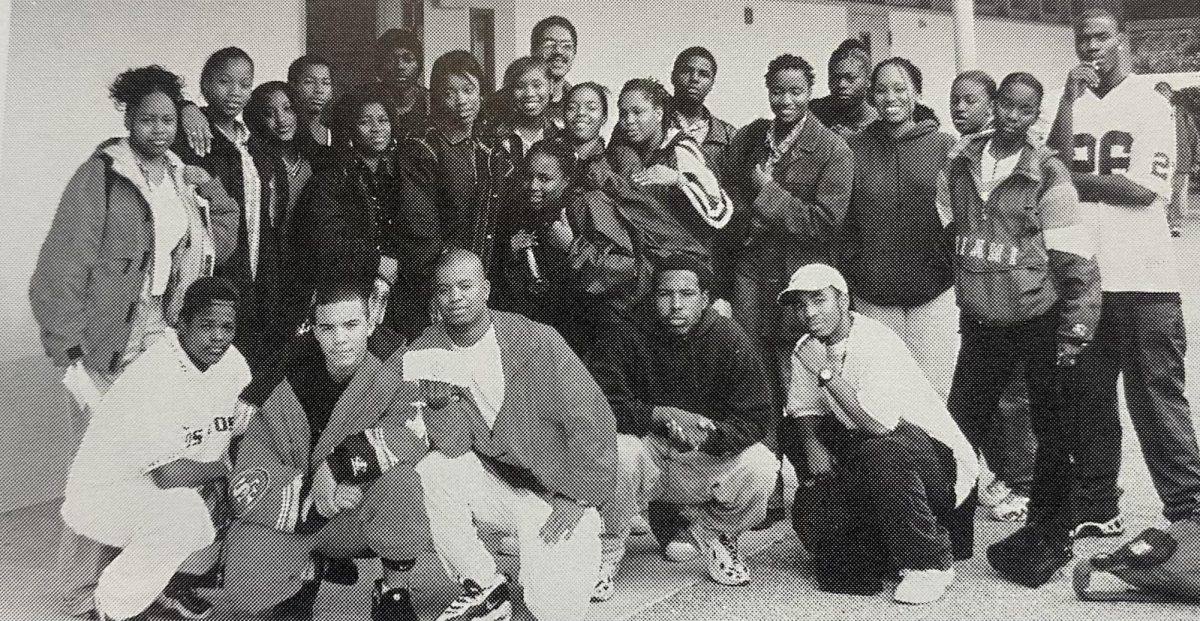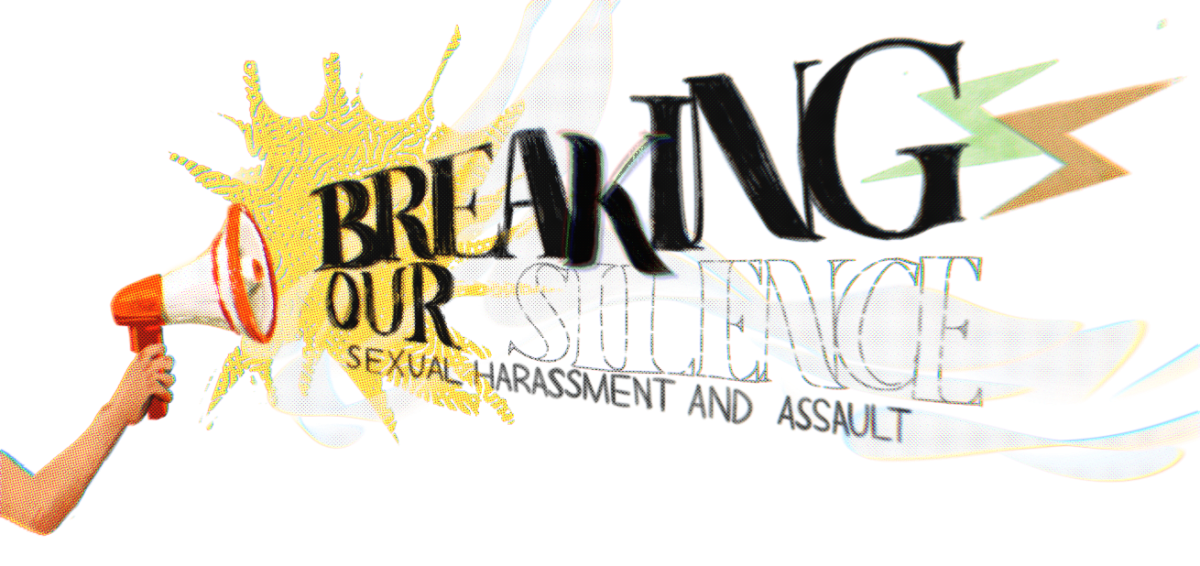The word “diet” is usually associated with losing weight, baggy jeans and saying no to fast food. However, for several students, diets constitute full-time eating habits that last beyond swimsuit season.
Vegetarianism
While some people do not choose what they can and cannot eat, vegetarians choose to give up meat.
Students become vegetarians for various reasons, including tradition, animal rights or health.
At age 14, junior Kira Labuda opted to forgo all meat intake after reading a PETA (People for the Ethical Treatment of Animals) Vegetarian Starter Kit. Going green also played a major role in her decision.
“Although there are different reasons, like health and animal rights, I did it especially for the environment,” Kira said. “[The PETA kit] said something about how you can’t be a true environmentalist and eat meat; that really hit me.”
Being vegetarian was not enough for Kira, however.
“Even if you’re vegetarian, you’re still supporting factory farms by eating dairy,” Kira said.
Kira decided to go vegan because dairy farms produce waste to their surroundings and pollute nearby rivers.
Other students have given up red meat. Senior Eloise Douvillier gave up meat to become a pescetarian, someone who refuses to eat mammals or birds but eats other foods such as eggs and fish.
“I started off vegetarian in September and went to pescetarian around December because I realized that fish was very important to my diet in a way that meat wasn’t,” Eloise said.
Some students go vegetarian according to cultural norms. Junior Reena Shah was raised as a vegetarian. Her parents come from a part of India where people do not usually eat meat.
“It [was] just a tradition, but now it’s more of a choice,” Reena said. Vegetarians replace meat in their diets with high-protein foods such as tofu and beans, and sometimes supplements. Vegans must also eat soy products to get the nutrients dairy products contain.
People who are willing to give up meat find it easier to adjust as time goes on.
“I wasn’t a huge fan of [meat] anyways before,” Eloise said.
However, for vegans, it can be difficult to give up all dairy products.
“I’ve definitely cracked,” Kira said. “Never for meat, only for desserts because those are the hardest for me.”
Allergies/Celiac disease
Some people are born with allergies, which are overreactions by the immune system to specific allergens. Minor allergies are manageable, though severe allergies are difficult to bear.
Junior Julia Cox has life-threatening allergies to dairy, peanuts, eggs as well as a score of minor allergies.
“I never [go out to eat] because I get really embarrassed and I feel really awkward,” Julia said.
Due to the spectrum of her allergies, Julia has to take health supplements such as calcium enrichments. Not all people have to do this, however.
Celiac disease is an auto-immune disorder in which people cannot digest gluten. This prevents them from eating wheat, rye or barley.
Celiac disease usually comes up later in life, so it can be difficult to adapt to. Since gluten causes damage to the intestines, people with the disease eat rice and soy products instead of grains.
“It’s hard to eat out,” said sophomore Mitch Kehlet, who has celiac disease. “I have to bring my own lunch to school.”
Diabetes
People with diabetes have trouble breaking down the sugars in food, and must constantly monitor the amount of sugar they ingest. To better control their sugar levels, they take insulin injections.
Diabetics typically avoid foods with a lot sugar, like fruit or candy. They must also be careful about when they eat.
“I eat when I have to take insulin,” said junior Sarah Loebner, a diabetic. “When I’m out with friends, I’m the only one who really has to care [what I’m eating], and I sometimes have to make choices that mean I can’t include myself in the festivities.”
If diabetics allow their blood sugar levels to get too high or too low, they are subject to heart disease, blood vessel damage or kidney dammage.
“Mostly it’s like, ‘Why me?’” Sarah said. “Especially since it doesn’t run in my family.”







